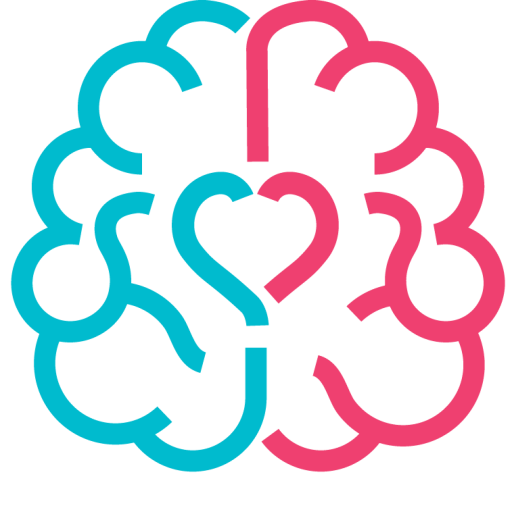Neurodiversity Research opportunities
The Neurodiversity Foundation offers various avenues for researchers and students to engage in research about neurodiversity. Our own research efforts aim to promote understanding, acceptance, and empowerment of neurodivergent individuals. We accept collaboration with educational institutions, research consortia, individual researchers, interns and volunteers.
Research Areas
Our foundation is regularly approached to participate in research studies or reviews of proposals and articles. While there isn’t a clear guideline for external engagement, we aim to maintain a focus on the following areas:
1. Social Sciences Research: We encourage studies where neurodiversity is approached with a positive perspective similar to positive psychology. We welcome research that applies scientific theories and models to neurodiversity, aiming to professionalize and strengthen the international level playing field.
2. Applied Scientific Research: Derived from or inspired by scientific inquiry, this type of research aims to practically apply new theories surrounding neurodiversity to meet stakeholders’ needs.
3. Practical Research: Focused on recognizing, acknowledging, facilitating, guiding, functioning, and excelling within neurodiversity. This research emphasizes the strengths, needs, and possibilities of neurodivergent individuals rather than solely focusing on solving problems and disputes.
4. Pedagogical, Didactic, and Educational Projects: Based on research into or from the perspective of neurodiversity, these projects aim to innovate and improve educational practices to better accommodate neurodivergent learners.
5. Artistic Projects: These projects and productions, led by neurodivergent artists, utilize artistic expression to shed light on neurodiversity and its various aspects, often inspired by research findings.
6. AI & Communication projects: All research projects and efforts relating to- or supporting the aims of the largest project: “Signs”, seeking for universal sign language, specifically utilizing AI and large language models.
10 examples of possible new research
- Investigating Friction: Exploring how the recruitment process for neurodivergent individuals acts as a barrier in job applications.
- Identifying Strengths: Examining the neurological basis for specific talents expected among different neurodivergent groups.
- Co-Occurring Conditions Cocktail: Analyzing how certain strengths are amplified in individuals with co-occurring conditions.
- Navigating Obstacles: Investigating which regulations present practical barriers for neurodivergent individuals.
- Cooperation Propensity Among Neurodivergent Types: Determining which neurodivergent types demonstrate an above-average inclination towards cooperation.
- Assessing Accommodations: Evaluating the benefits of accommodations in various aspects such as energy, time, and financial resources.
- Best Practices in Creating Neurodiversity Networks: Studying successful experiences and practices for establishing neurodiversity networks, providing insights for new initiatives.
- Optimal Learning Strategies: Investigating which learning strategies are most effective for neurodivergent groups.
- Strategies for Neurodiversity Self-Advocacy: Examining different strategies employed by neurodivergent individuals to advocate for themselves.
- Legal Rights of Neurodivergent Individuals: Identifying the rights neurodivergent individuals can assert in the Netherlands and the European Union.
Our aim in research
In the research about neurodiversity, we aim for research efforts that are not (only) researching for the sake of knowledge itself, but have a emphasis on how knowledge can be used to support societal change, or in some way can be used to support the live of neurodivergent people.
We are open to individual researchers, research groups, student groups, research consortia, interns and volunteers. We have experience in all these types. While each research has their own nuances, we generally;
- Prefer to have the research report published, for free, and made available to the public, unless decided otherwise.
- Prefer research that also makes assumptions, suggestions, conclusions or ideas about possible next steps for society, whether its an addendum or the core of the research.
- Prefer research that is not strictly medical in nature, at the foundation we have experts, sociologists and other academics, but few ‘medical docters’ who can oversee that type of research.
- Prefer research efforts that don’t rely on salaries or the input of limited funds of the foundation towards the researchers to achieve success. All researchers work as a valued & unpaid researcher, intern or volunteer.
- Prefer research questions, that move beyond the realm of the philosophical, and support practical use of new knowledge in ‘the real world’.

Join our research
The foundation creates and supports research about neurodiversity, and boosts the prototyping of innovative solutions.
Are you a researcher or student passionate about neurodiversity and looking for opportunities to contribute to meaningful projects as (an unpaid) researcher? You’ve come to the right place!
More information about the research department of the Neurodiversity Foundation on neurodiversiteit.nl/research
Contact us
Science Ambassador: Steven van der Minne
Coordinator research efforts & internships: Tjerk Feitsma
Email us at info@neurodiversiteit.nl or use the form.
Research contributors (since 2018)
Research interns
Invested into research
Sooo…….
If you have an interesting topic, proposal, research, offer, request or anything pertaining research about neurodiversity, and you like to discuss options: contact us!
We do zoomtalks, googlemeets, live meetings with coffee, VR meets and phone conversations. First and or explorative conversations are with the director. For some conversations, other teammembers may be included in the conversation.
